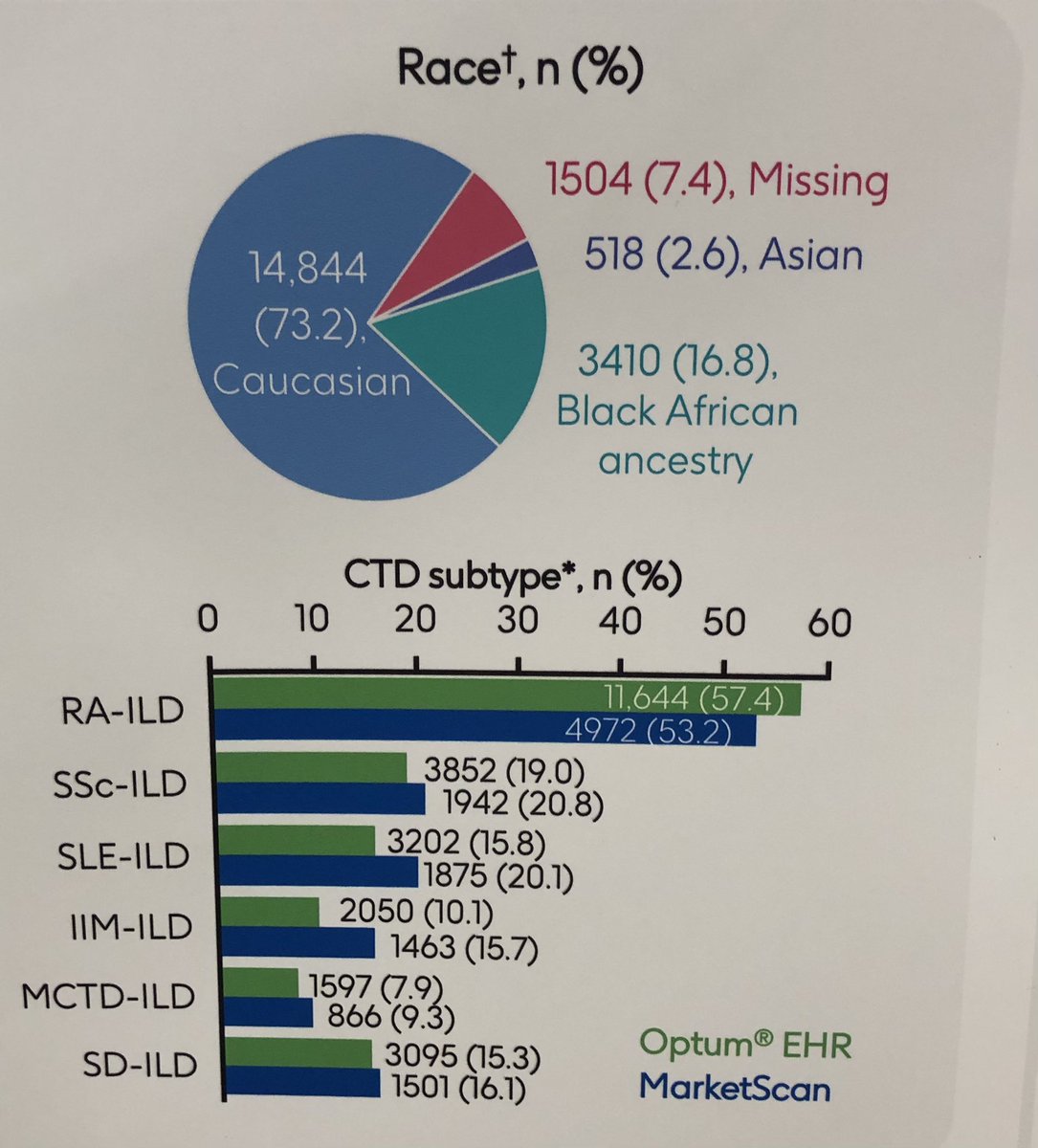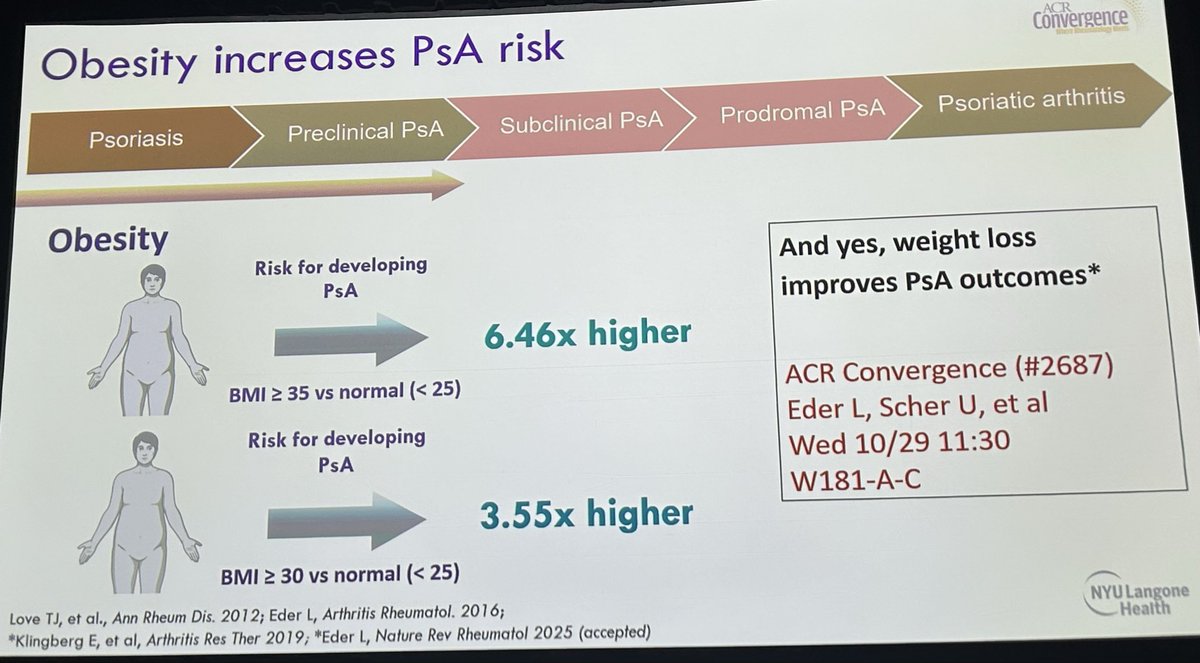All News
Should we be using JAKi more in female SpA patients?
In recent years, data has emerged suggesting that female patients with spondyloarthritis, both psoriatic arthritis and axial spondyloarthritis, may have worse outcomes than male patients. A number of post-hoc analyses of randomised controlled trials of both TNF inhibitors and IL-17 inhibitors suggest that this phenomenon is also manifested in the responses to these agents; female patients do less well than male patients. The mechanisms behind this remain to be fully elucidated.
Read ArticleRheumatology’s Blind Spot: The Persistent Exclusion of Older Adults
As the population ages globally, rheumatologists are caring for an increasingly older patient population more than ever before. In RA alone, nearly 40 percent of patients are now aged 65 years or older. Yet the evidence guiding our treatment decisions continues to come from studies that rarely include them, giving rise to a fundamental question: do we really know how best to treat older adults with rheumatic diseases?
Read ArticleNew Research Demonstrates Impact of RISE Registry Data on Rheumatology Outcomes
New research presented at ACR Convergence 2025 highlights how the Rheumatology Informatics System for Effectiveness (RISE) registry—the nation’s largest collection of electronic health record data from rheumatology practices—is driving transformative improvements in quality, safety, and patient outcomes across rheumatic and musculoskeletal diseases.
Read ArticleGLP-1 Receptor Agonists: Impacts Beyond Metabolism?
The GLP-1 story has been hard to miss this year, and at ACR Convergence, it’s clear that these drugs are starting to make real waves in rheumatology. Across multiple abstracts, investigators have used a large real-world dataset, the TriNetX network, to explore how GLP-1 receptor agonists (GLP-1RAs) might influence cardiovascular, renal and immune-mediated outcomes in our patients.
Read ArticleACR25 - Day 1 Report
ACR 2025 began today in Chicago with throngs of rheumatologists, fellows, ARP members, APPs and pharma folk taking to the meeting halls and rooms for tons of novel content.
Read Article

#ACR25 Abstr#1525 Find me at poster hall. Super-responders exist with rituximab, not just confined to CAR-T! Our cohort study = 23/114 (20%) had resp duration >3-yrs; 15/23 were IS-Free. Poor prognostics (Non-White, APS) & shorter #SLE duration predicted super-tesponse @RheumNow https://t.co/nJQFmiIj2n
Links:

Links:

Links:








Dr. John Cush RheumNow ( View Tweet)

Links:

Links:









